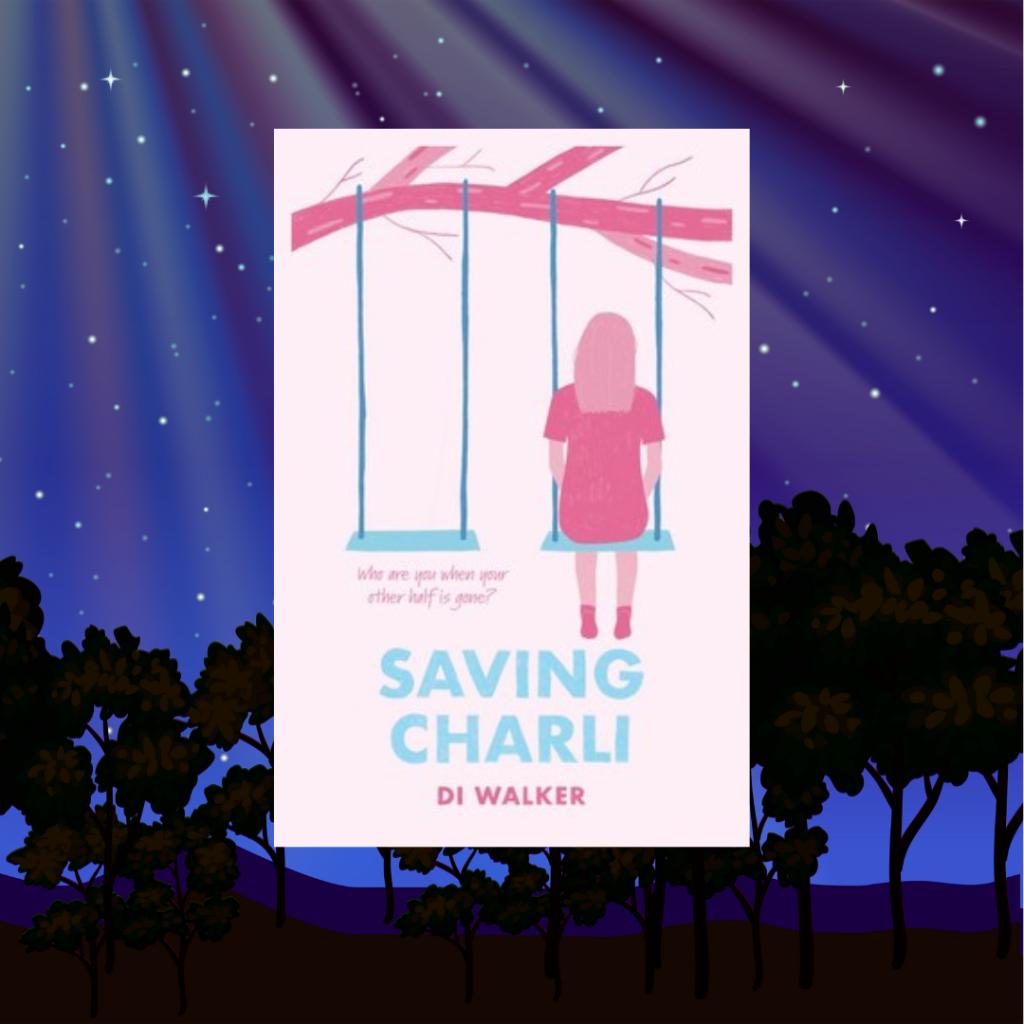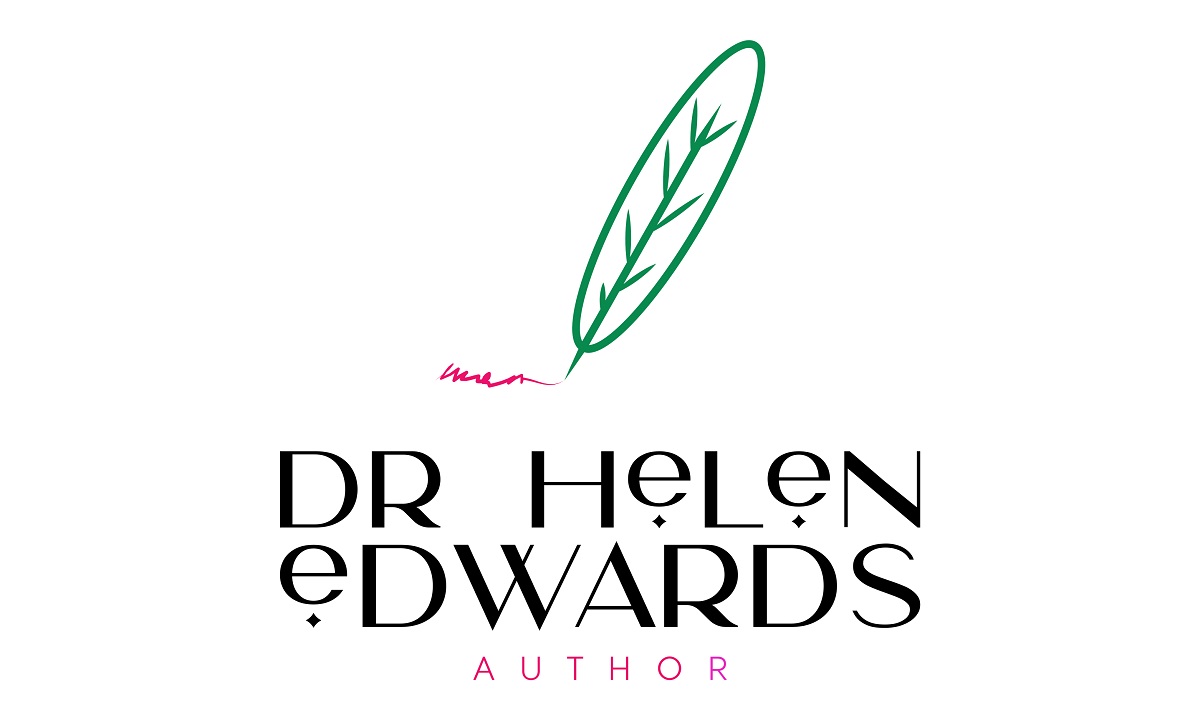Saving Charli by Di Walker

Di Walker is not afraid to broach difficult themes in her middle-grade novels. I have read all three of her books and reviewed her last one Every Thing We Keep here. Di is able to access the teen voice with great skill, taking you inside the head and heart of her main characters, while at the same time, opening discussion around issues including grief, loss, mental health, friendships and family. She has great skill in writing emotion and filling her stories with heart and warmth.
Her latest release, Saving Charli, is set across a fairly short period of time, centering around the lead up and aftermath of the loss of Freya, main character Charli’s twin sister. As I read, I felt as if I was watching a stage play, reflecting the ability of Di to engage the reader in her character driven stories.
Who are you when your other half is gone? Twelve-year-old Charli knows no other way of being than as a twin. But when her twin sister, Freya, succumbs to a lifelong battle with illness, Charli, consumed by grief, retreats into a tent in her backyard. Closed off from her family and friends, Charli risks losing not only her other half but her whole self. Without her twin, who is left to save Charli? From Di Walker comes a story of loss, the importance of friendship and the transcendence of love, even if it is sometimes hard to see.
The story is told from three points of view – Charli and her best friends Queenie and Blair, as they reach the end of the long summer holidays, where they have spent idyllic days sleeping in a tent at Charli’s and hanging out together. Charli is resentful of her twin sister Freya, whose worsening health over the prior 6 months has lead to regular hospitalisations, which takes much of her parents’ time and energy. Charli knows it isn’t fair to feel this way, but she can’t help it. She has gradually pulled away from Freya and feels disconnected from her parents, but when Freya dies, Charli is lost, filled with guilt, and unsure how to move on with her own life.
Queenie and Blair have their own perspectives about what is happening to Charli, Freya and their family, and as the story progresses, they will need to hold onto each other in order to help their friends. Freya is always seen as an equal part of the friendship group and there are other secondary characters who are important, such as Ralph, Beckett and Nan.
Di cleverly weaves the three first person character voices back and forth, enabling us to see more deeply into the thoughts and feelings of the same moments, from the three different perspectives. This builds richer understanding of each character. It also helps you to step in and out of Charli’s head, which is important in such a difficult story.
Freya’s disabilities and chronic illnesses are never revealed by a diagnosis or name. It is clear she has had these since birth, and that her health has worsened over time. It is also clear that she has been an important part of her family and her friends lives, and that she is an independent and important person, with her own identity. Her character is non-verbal, and yet, her voice is present throughout the story, via Charli, Queenie and Blair. And there is a moment, (which I won’t spoil), where Freya’s voice is front and centre. She has clearly been an active participant in her own life and that of the people who love her and this is an important discussion point around disability for young readers. Although Charli feels resentment for a time, Freya is not seen as a burden, or needing a ‘cure’ or via any of the other common disability tropes, which is positive and empowering.
Filled with plenty of humour and lighter moments, Di does not shy away from addressing the death of Freya and how this deeply affects Charli and her parents, Queenie and Blair, and their families, who are all very close. Charli loves to swim, Queenie is a talented classical musician, who delves into jazz, and Blair is an 80’s pop-music lover, who talks incessantly and makes people laugh. These parts of their lives are important in allowing breathing space in the story and in helping them all to deal with their grief.
The days following Freya’s death are heartbreaking, as Charli retreats into her tent, but through Queenie and Blair, as they continue forward into high school, determined to help Charli, we are held softly and given hope, reflecting how the world continues on, even when you are deep in grief, and that the best way forward is to hold onto those who love you.
This beautifully written story is recommended for ages 10+. Teacher notes available here.
Helen
